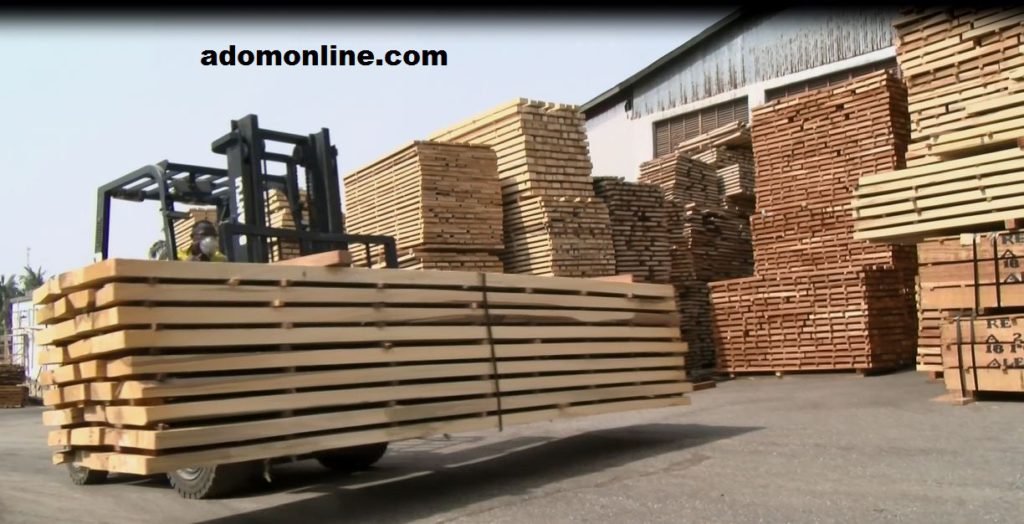Ghana is hoping to revive its dwindling timber trade with the European Union through a Voluntary Partnership Agreement programme.
Decline in the volume of premium species like Mahogany, Afromosia and Odum, as well as harvest restrictions and global financial meltdown account for a drop in timber trade between the two partners.
The Timber Validation Committee, however, expects to push for an improved transaction.
“For more than 10 years now, the volume of timber Ghana was exporting to the EU comprised 60 per cent of everything we were doing.
“For many reasons, it has dropped to 11 %. In doing this we are not just satisfying an EU market. We are making sure the law works,” says Director at the Timber Validation Department of the Forestry Commission, Chris Beeko.
It follows the successful acquisition of license and certification from the EU to legally harvest and export timber products to member countries.
The volume of timber trade between Ghana and its European partners dropped from 60 to 12 per cent with an annual value of less than 170 million, since 2009.
Ghana and the EU signed the Voluntary Partnership Agreement which requires all timber export products from Ghana are legally produced. It also ensures promotion and enforcement of forest laws and governance.
After meeting requirements of the Forest Law Enforcement, Governance and Trade licensing scheme. (LEGT), Ghana can now export timber products to Europe.

“We would be trading or selling our timber under these licenses to the EU. If one is able to issue or trade under timber legalities licenses, what that one says is that every consignment of timber that you are sending out has been kind of adjudged by the systems to be legal devoid of every illegal source or illegal material.
“It has been adjudged to have respected all the laws and regulations that govern timber in the country. So when they get hold of consignment that has its license, that is the assurance that they get.”
Director at the Timber Validation Department of the Forestry Commission, Chris Beeko, explains to the European Parliament how the scheme works.
“LI was put in place to give the legal backing for us to work this way. It is LI2254. We have also developed timber tracking system which is basically electronic or automated systems to help us to collect data right from the forest even when the timber is standing when it is fell to the time that it enters the mill. We have a system that collects data systematically and does quick reconciliation of that data”.

He told a delegation, including Head of EU in Ghana, Diana Acconsia, the arrangement has helped to improve forest law enforcement.
“We have also put in place a committee; we call it Timber Validation Committee whose work is to receive complaints because if you have tracking system like this in place, the purpose is to judge whether the consignment is legal or not.
“In doing this, we are not just satisfying an EU market. We are making sure the law works and at the end of the day we are the beneficiaries,” she said.
Madam Acconsia who explained the rationale for the LEGT program to journalists commended Ghana for her efforts.
Source: Ghana I Nhyira FM I Ohemeng Tawiah I ohemengtawiah@gmail.com


